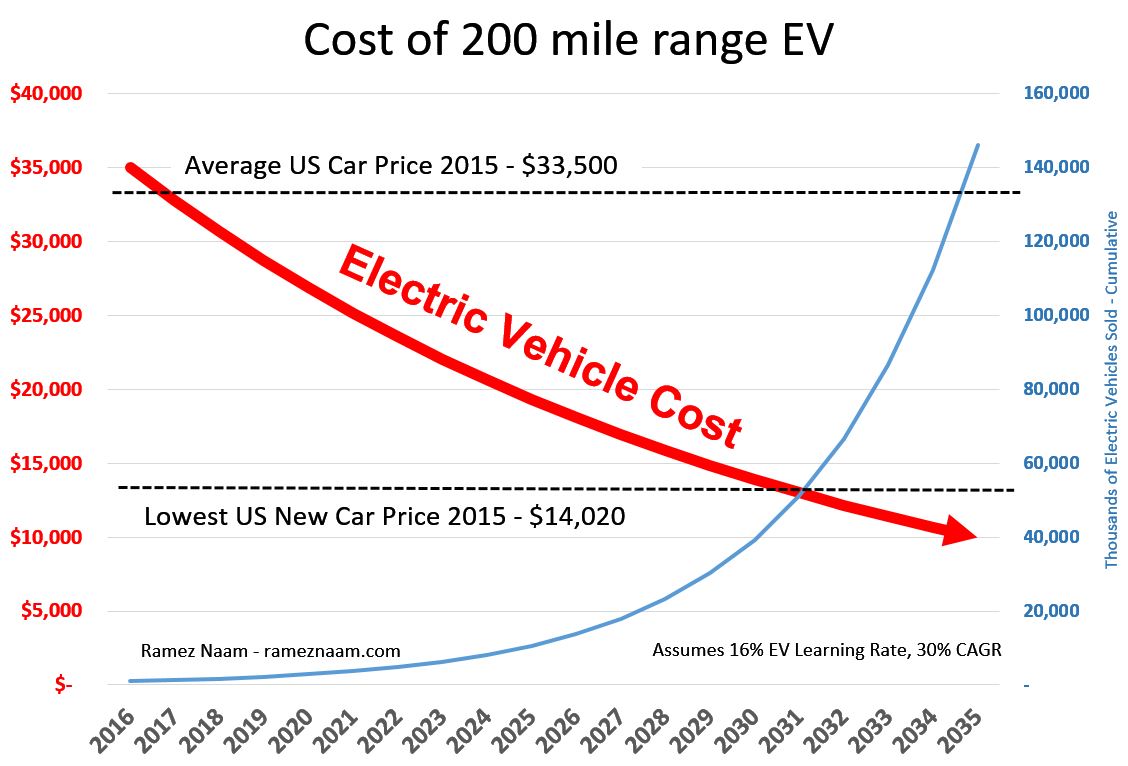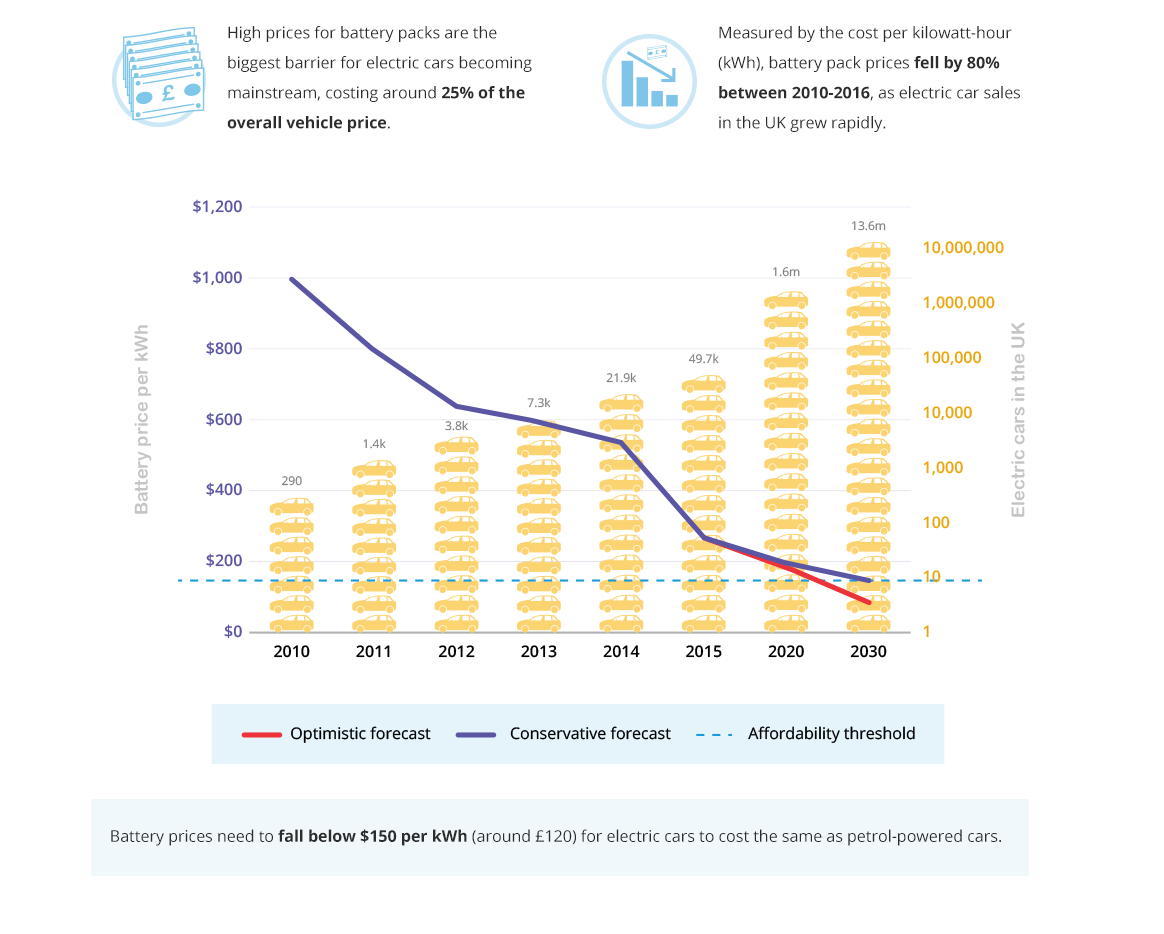I'm curious to know how the owner of the car is billed for the power they consume at the Tesla charging stations? Do they use a credit card? Or is there some other system to charge the user? What's the cost of the electricity?
Credit card. At least 1/2 - 1/4 the cost of gas. Rate can vary by charging speed / flow (ie. kW). Different states have different laws limiting how Tesla and others do this. (ie. time based, kWh units based, kW power based)
https://www.tesla.com/support/supercharging

Last edited:







